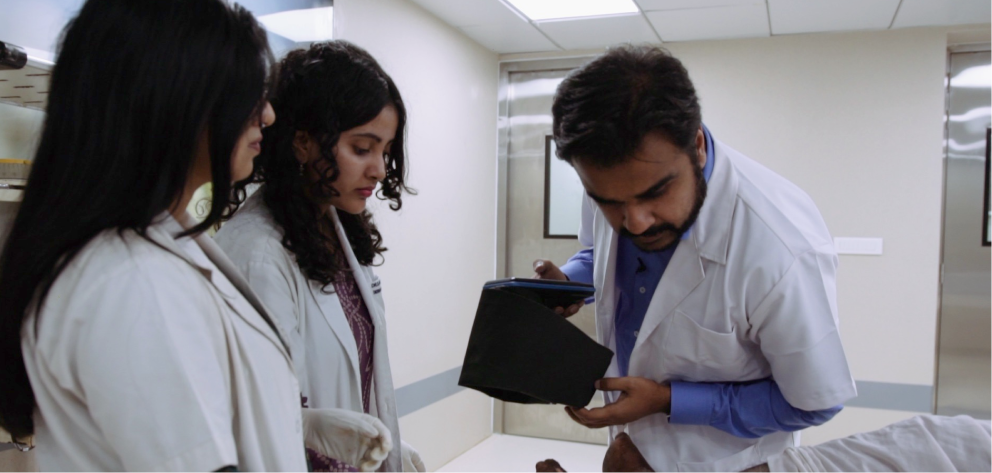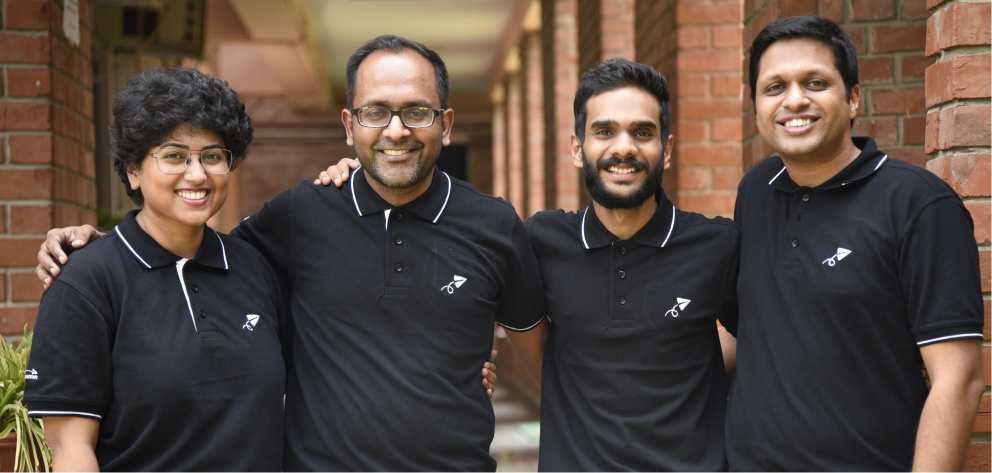Our Story
The journey of our founders started in different worlds: Paul had spent many years incubating impactful start-ups, Mukesh came from the world of global investing, while George had decades of experience in business operations and investing. As their paths aligned, they decided to leverage their combined expertise and the transformative power of investment to create scalable social impact. Thus, Menterra was born.
We seek to create positive and sustainable change in agriculture, healthcare and education by partnering with entrepreneurs who share our bold vision. We are inspired by innovation and breakthrough technology. We go early where others fear to tread. We make entrepreneurs successful.












